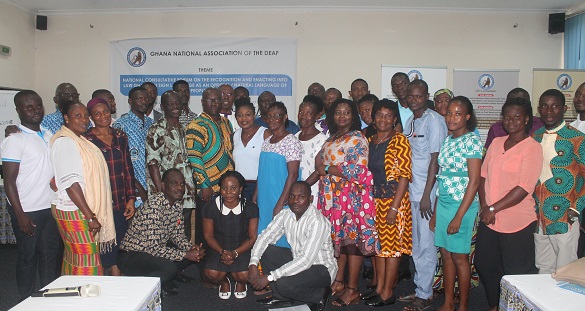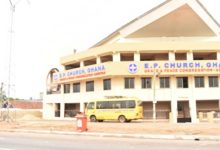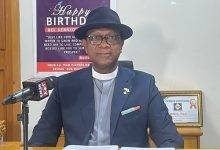
The Ghana National Association of the Deaf (GNAD) has called on the government to enact into law, the Ghanaian Sign language (GSL) as an official language of the hearing-impaired.
The group also appealed to the Ghana Education Service (GES) to ensure the GSL is used as medium of instruction in all basic schools across the country.
The president of GNAD, Mr Matthew Kubachua, made the call in Accra on Friday during a consultative forum on the recognition of GSL as a natural language of the hearing-impaired in the country.
The forum, organised by GNAD with support from the Danish Embassy in Ghana, brought together representatives from the Ministry of Education, GES, GNAD and the Ghana Federation of Persons with Disability.
According to Mr Kubachua, though GSL was accepted in schools for the deaf and during official functions, it had no legal backing like other languages, adding that it’s adaption had been left to the discretion of individuals and institutions.
He said in countries where Sign Languages (SLs) were recognised and accepted, standards had been set and recognitions made to “control who does what, how, when and to what extent”.
“Our aim is to go beyond the mere acceptance of GSL as a language of the deaf, but also have legal binding rules and a standard regulatory framework,” he said.
Touching on Goal 4 of the Sustainable Development Goals (SDGs) which seeks to achieve quality education and social inclusion for all, Mr Kabachua indicated that it was high time Ghana focused more on recognising GSL, where duty bearers and service providers would be bound by law to provide SL services.
Professor George Akankig-Pare of the Department of Linguistics of the University of Ghana, in his presentation mentioned that the general well-being of people with hearing impairment in the country was not the best, citing progression in education which results in failure to secure good jobs as an example.
He stated that if the government did not recognise the GSL, it could not be used in education in Ghana, adding that it was imperative for it to be enacted into the country’s laws.
Prof. Akankig-Pare said, “Success rate of deaf students during external examinations and skill acquisition is poor because sign language is not used at every level of education in the country.”
He added that meaningful education could only be attained when the medium of instruction, especially at the basic level was understood.
Mr Akankig-Pare assured that he would continue to join forces with GNAD to demand legislation for the GSL.
With the bottleneck in sign language education policy fixed, people with hearing impairment would be able to attain good education and also acquire employable skills.
BY RAISSA SAMBOU







